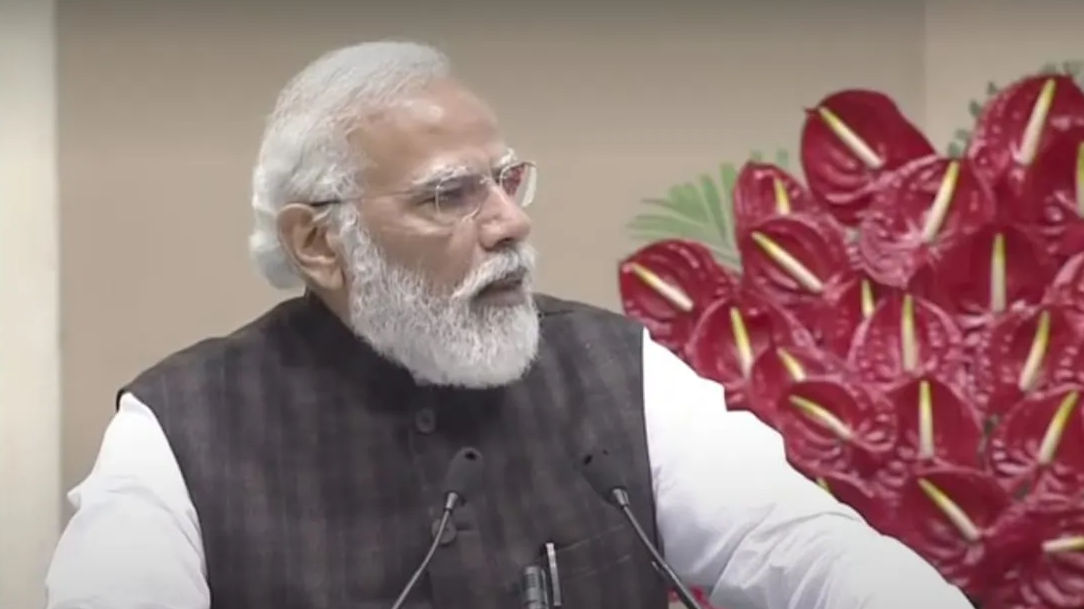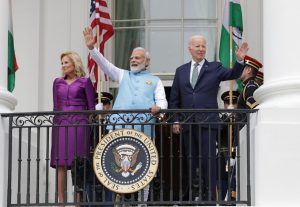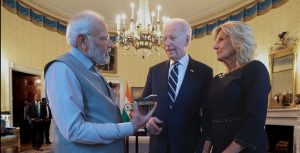Indian Prime
Minister Narendra Modi addressed the Constitution Day programme at Vigyan
Bhawan Friday. India celebrates November 26 as the country’s Constitution Day
to commemorate the adoption of the Indian Constitution on November 26, 1950.
The prime minister, having addressed legislative and executive wings of the
Indian state in the morning, addressed the judiciary in the evening.
Also Read | As India celebrates Constitution Day, a look back at its history and significance
In his address,
Prime Minister Modi chose to focus on the recent climate summit in Glasgow,
Scotland and slammed developed nations for trying to thwart “India’s growth” by
criticising its climate endeavours. Narendra Modi said that India’s criticism
by developed nations is an indication of their persisting colonial mindset.
“Today no nation
directly exists as a colony to any other nation. But it doesn’t mean that the
colonial mindset has ended,” the Prime Minister said in Hindi.
He added that it
is this colonial mindset and the distortions caused by it that has allowed developed
nations whose accumulated emissions had contributed to 15 times more absolute
emissions than India that has led to this criticism.
Also Read | COP26: Nations strike climate deal with coal compromise
Narendra Modi
further said that the climate issue was being hijacked and referred directly to
the talks at the COP26 Summit.
The COP26 Summit
was the 26th United Nations Climate Conference. While India made significant
pledges on the global stage with regard to achieving net zero emissions by
2070, the world’s second-most populous country’s position on coal-use invited
controversy.
The member nations
at the climate summit apparently wanted the Glasgow Climate Pact to pledge a gradual
“phase out” of coal. India disagreed, and along with China, called for the
phrase to be changed to “phase down” the use of coal.
Both Indian and
Chinese economies, despite some recent interventions, continue to depend on coal.
The Indian government’s perspective is that developed nations have already
advanced their economies through the use of coal and asking developing nations
to abjure from its use is unjust.
However, India’s
position on coal was widely criticised by developed countries and leaders of multilateral
organisations. Alok Sharma, the British MP who presided over COP26, had said
following the summit that India and China will have to explain their position
on coal to climate-vulnerable countries.
The Indian Prime
Minister’s Constitution Day address before the heads of the country’s judiciary
is largely being seen as a message to the world on the nation’s perspective on development
and its response to climate change.







